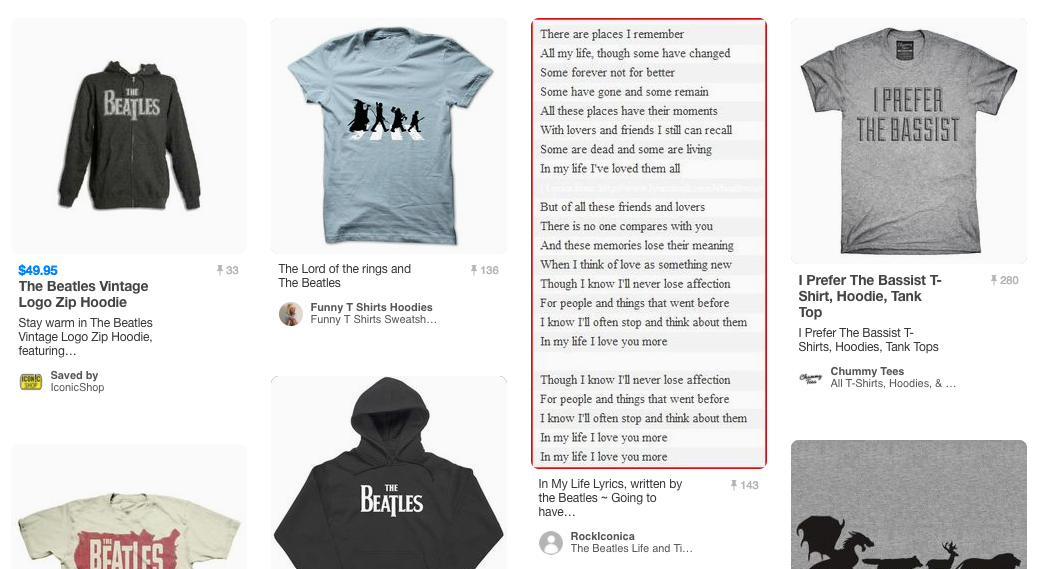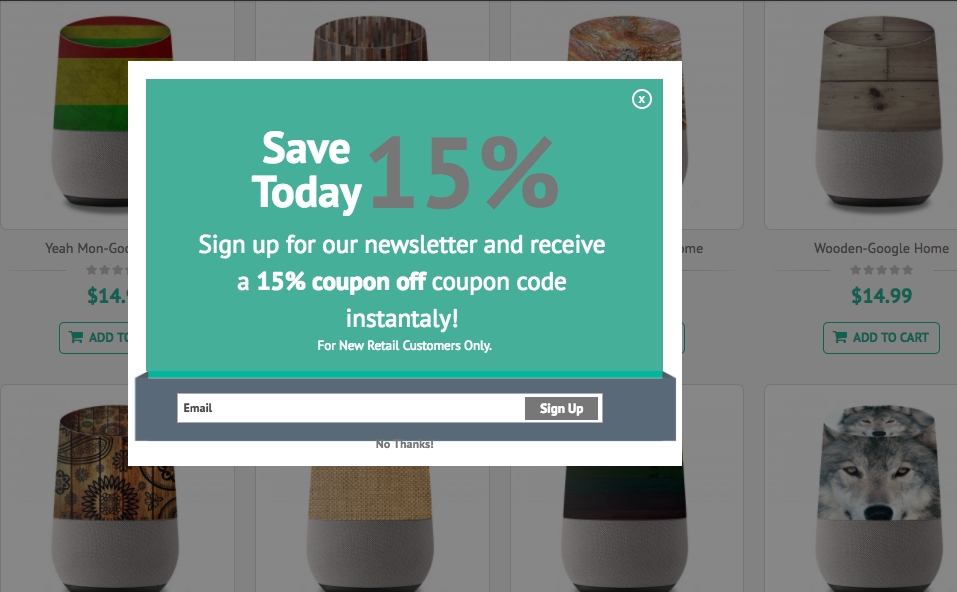Consumers now acquire most of their goods — to the sum of $40 billion annually — online. This means that you’re definitely in the right niche at the right time. eCommerce is a continually growing and ever-evolving industry in which there is an abundance of profit for you and your business.
If you’ve been visualizing the success of your store but aren’t quite there yet, it could be because you have yet to discover the right digital tools. Here’s what you need to know about the relationship between online software and product promotion.
How do eCommerce tools affect your financial outcomes?
It is essential to understand how your choice of digital tools impacts your company. Shifting to a new content management system or upgrading your shopping cart can completely transform the shopping experience for your customers – and not always in a good way. It is your responsibility to create an enjoyable journey for your buyers.
39% of internet traffic will stop engaging with a brand if their website takes too long to load. Using slow tools, you could lose out on over a third of your potential sales. Choose the right ones, and you will see higher conversions.
Mobile sessions account for 59% of all eCommerce website visits. And, merely 11% of online shoppers only view the web from a PC. If the tools you’re using aren’t responsive (meaning that they can be seen from both mobile and desktop browsers), then your mobile viewers are not going to be able to shop. Keep in mind that some companies (like Wanelo) are even considering not just mobile-first, but mobile-only strategies already.
How do you fix this?
Use software that loads quickly and optimizes your site for speed.
Make sure that everything from your website theme to your sharing tools is viewable from all browsers. Otherwise, you’ll miss out on over half of your potential sales, and, as time goes on, your store will eventually fall to the wayside.
Update your digital tools frequently
Regular updates on these digital tools will help you maintain compatibility with your overall system and keep up-to-date with best practices. This will provide your shoppers with a reliable experience that they will want to repeat again and again.
Which digital tools work best for online stores?
So far, we’ve established that the tools you use for eCommerce need to load quickly, be responsive, and be updated frequently. But there are millions of tools out there. How do you know which ones to choose? Our picks for the best ones in each category are below:
Content Management: Shopify

Source: Shopify
A leader in eCommerce, Shopify provides you with an all-in-one platform for your domain, providing content management, hosting, pre-built eCommerce themes, a shopping cart, and easy-to-install add-ons. With this system, you maintain creative control on a reliable, simple platform with all the finer details that make an online store successful already taken care of. Choose Shopify if you want a trusted content management system (the Economist did).

Source: The Economist
Traffic Monitoring: Google Analytics

Source: Google Analytics
If you want customer insights that will help you continually update your website for customers and prospects, you cannot continue working without Google Analytics. You can track the demographics and location of your website traffic as well as find out how long people are staying on certain pages and where they are referred from. Leverage these powerful insights to create all of your promotional strategies and you will see more success in your business.
Social Media Marketing: Pinterest for Business

Source: Pinterest for Business
I’m going to dive a little deeper into this section because social media marketing for eCommerce is one of my specialties. I want you to understand just how helpful Pinterest can be for generating online sales.
First of all, Pinterest traffic generates more sales than any other social media referrals. So, you know you want to promote on Pinterest.
This is a place where you can actually “spam” followers with your inventory and be welcomed. Pinners love discovering new products on Pinterest. You’ll want to make sure that you’ve enabled your site for Rich Pins (article, product, app, or recipe) that are optimized for conversion. Start creating your Pinterest strategy today, and share all of your awesome products with millions of potential shoppers.
The top Beatles Hoodie Pin below is a Rich Pin from IconicShop.

Source: Pinterest.
List Building: MailChimp

Source: Mailchimp
In order to generate sales, you have to collect leads. MailChimp is not just for creating email newsletters. It’s also an excellent solution for collecting lead information. Segment your data by interest, demographics, location, and more to send targeted emails to prospects and customers. With a great email marketing plan, you can exponentially increase product sales.
MightySkins uses Mailchimp to collect leads interested in Google Home skins by gifting subscribers 15% off.

Source: Mighty Skins
Make sure you do this one thing!
You’re going to need more than these four tools to run your business. So when you’re shopping, make sure to check the compatibility of new tools with your existing system. If you’re not sure where to look when seeking solutions, check out the integrations pages on the websites where your current tools are hosted.
If you like two tools, and they aren’t compatible, you can try using Zapier to connect apps. It can move information seamlessly between most popular web applications.
And always test updates to your website before you publish them. A system crash can take days or even weeks to recover from and that could cost you a ton of sales.
Final thoughts
The right digital tools can skyrocket sales while the wrong ones can essentially kill your business. When it comes to running an online store, the tools above will help you target your message and reach more customers.
Naturally, there are a ton of others to choose from, and you’re going to have to get out there and shop around to create the perfect system for you. Just remember that the tools you use should have the following characteristics:
- Fast load speed
- Responsive
- Secure
- Compatible with the rest of your system
- Updated regularly
If you keep this in mind when making a decision, you can’t go wrong.
If you own an online store, please share some of your favorite digital tools in the comments below so other readers can check them out.
Author Bio
Ashley Kimler is a creative consultant who works with Heroic Search, Tulsa. She and the group regularly share valuable SEO and digital marketing advice across the web. Follow @ashleykimler and @heroicsearch to see what wisdom they extend next.









